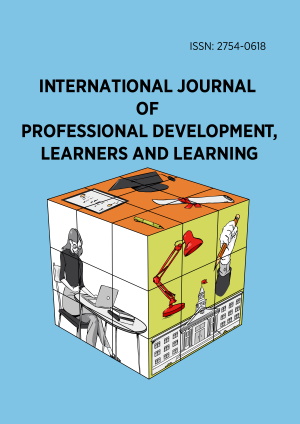International Journal of Professional Development, Learners and Learning (IJPDLL) is an open-access biannual academic journal that covers a broad spectrum of topics that are relevant to Professional Development, Learners and Learning. The focus of the journal is on teaching, learning and assessment.
Former title: "International journal of pedagogical development and lifelong learning" with the ISSN: 2732-4699.
CURRENT ISSUE
Volume 8, Issue 1, 2026
In Progress
Research Article
International Journal of Professional Development, Learners and Learning, 8(1), 2026, e2601, https://doi.org/10.30935/ijpdll/17677
Review Article
International Journal of Professional Development, Learners and Learning, 8(1), 2026, e2602, https://doi.org/10.30935/ijpdll/17678
Research Article
International Journal of Professional Development, Learners and Learning, 8(1), 2026, e2603, https://doi.org/10.30935/ijpdll/17775
Research Article
International Journal of Professional Development, Learners and Learning, 8(1), 2026, e2604, https://doi.org/10.30935/ijpdll/17776

 The articles published in this journal are licensed under the CC-BY Creative Commons Attribution International License.
The articles published in this journal are licensed under the CC-BY Creative Commons Attribution International License.